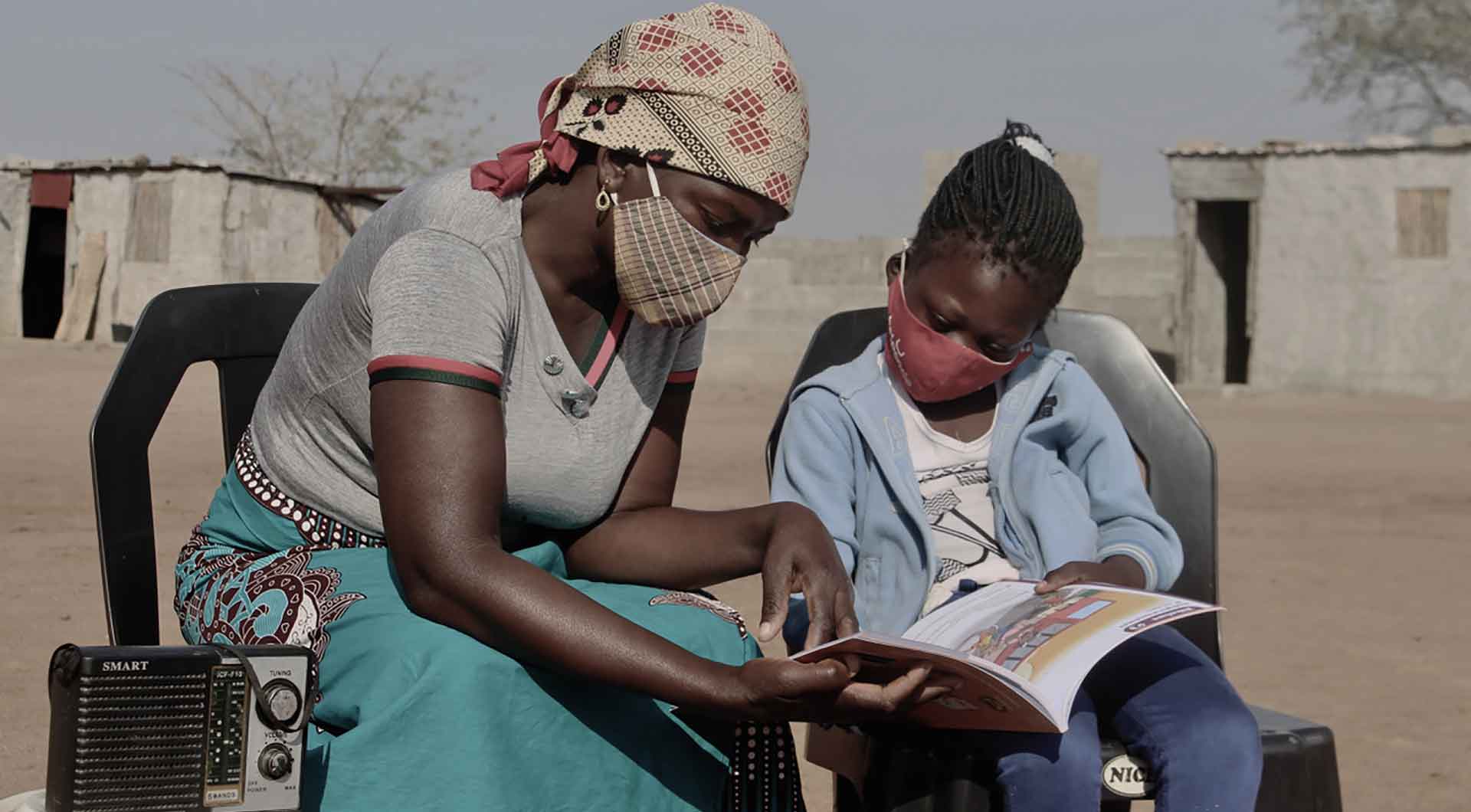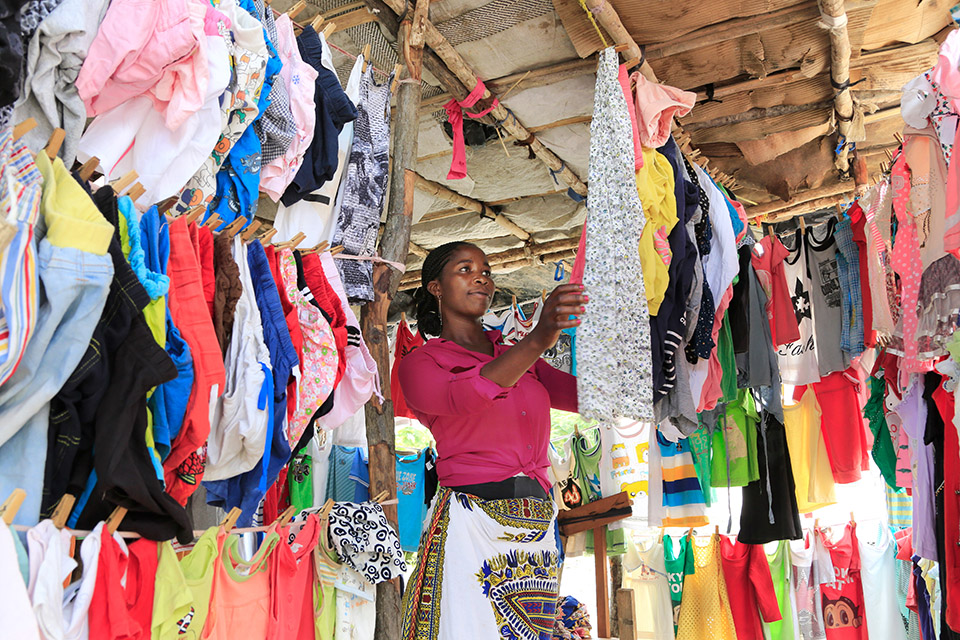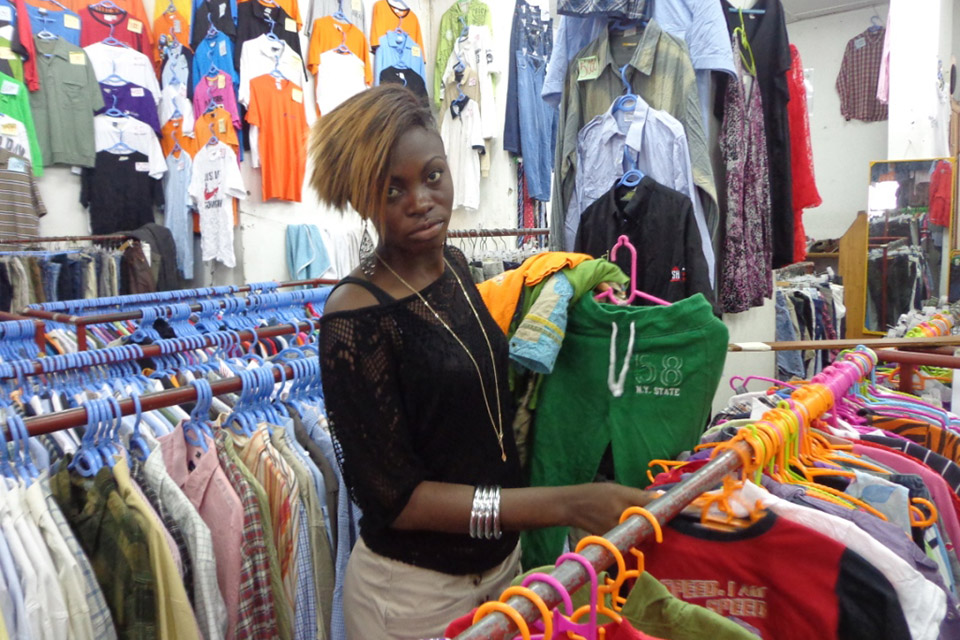
There are two major global issues that are often seen to be at odds with each other; job creation, with its associated societal and economic benefits, and environmental sustainability. Yet there is an industry which has for decades, excelled at both. Africa's second-hand clothing (SHC) sector remains a significant, established - yet often overlooked - example of how job prosperity and environmental sustainability can go hand in hand.
First, the reuse of clothes is far more beneficial than the damage caused by endless fast-fashion. And second, the SHC sector, deeply embedded in the livelihoods of millions, not only offers accessible employment across Angola, Guinea-Bissau, Malawi, Mozambique, and Zambia but also serves as a substantial contributor to the fiscal ambitions of these nations.

This report, derived from thorough research and analysis, makes a compelling case for the transformative impact of the SHC trade in Africa. Employing over 1.28 million people, which is a substantial segment of the service sector in regions predominantly reliant on agriculture, the sector proves itself as a major driver of job creation. Each tonne of imported SHC sustains approximately 6.5 jobs, highlighting its efficiency in generating employment in economies where 85% of all jobs are categorised as informal and where extreme and multidimensional poverty has existed for decades. Second-hand clothing is an essential source of clothing for millions of Africans that would have no affordable alternatives available to them.
Beyond job creation, the SHC sector is instrumental in fostering a circular economy, reducing waste through the reuse and recycling of textiles, and extending the life cycle of garments. This aligns with global efforts to combat climate change and reduces the environmental footprint of the clothing industry, presenting a model for sustainable economic practices that can be replicated across other sectors.
Financially, the SHC sector contributes significantly to the national revenues of these countries, generating over $73.5 million annually in tax revenues from duties on imported used clothing. These funds are critical, supporting essential public services and infrastructure development in some of the world’s most economically challenged regions. This revenue stream underscores the sector's role not just in economic activity but as a pillar of national economic health.

The current policy landscape, however, has not fully recognised or harnessed the potential of the SHC sector and its ability to create and sustain green jobs. In fact, the industry has come under attack from some quarters, especially in Europe. This report advocates for a fresh examination and strategic enhancement of policies concerning the SHC trade. It speaks from an African perspective, one that is often lost in the European dominated conversation.
We call upon governments and policymakers to consider the sector’s broad impacts and integrate it more deeply into national economic planning. This includes formalising SHC jobs, providing social protections for workers in the sector, and developing initiatives that support and promote the growth of this crucial industry.
This report serves as a call to action for policymakers in Europe and beyond to re-evaluate and embrace the second-hand clothing sector as a vital component of economic and environmental strategy in Africa. By enhancing and supporting the SHC sector, not only can we improve the lives of millions of Africans, but we can also advance toward more sustainable and diversified economies.
In turn, we can defend from the encroachment into these spaces of highly polluting fast-fashion, which is the only alternative to SHC.
This report is an urgent appeal to challenge much of the current thinking in Brussels and elsewhere, to recognise and capitalise on the immense potential of the second-hand clothing sector for socio-economic development in Africa. By doing so, we can ensure that this vital sector is not penalised by Euro-centric policy making, but rather works in the best interests of Africans.
Author: Hilda Kavenuke, DAPP Zambia
Check here the full report: https://www.humana.org/images/publications/job-creation.pdf